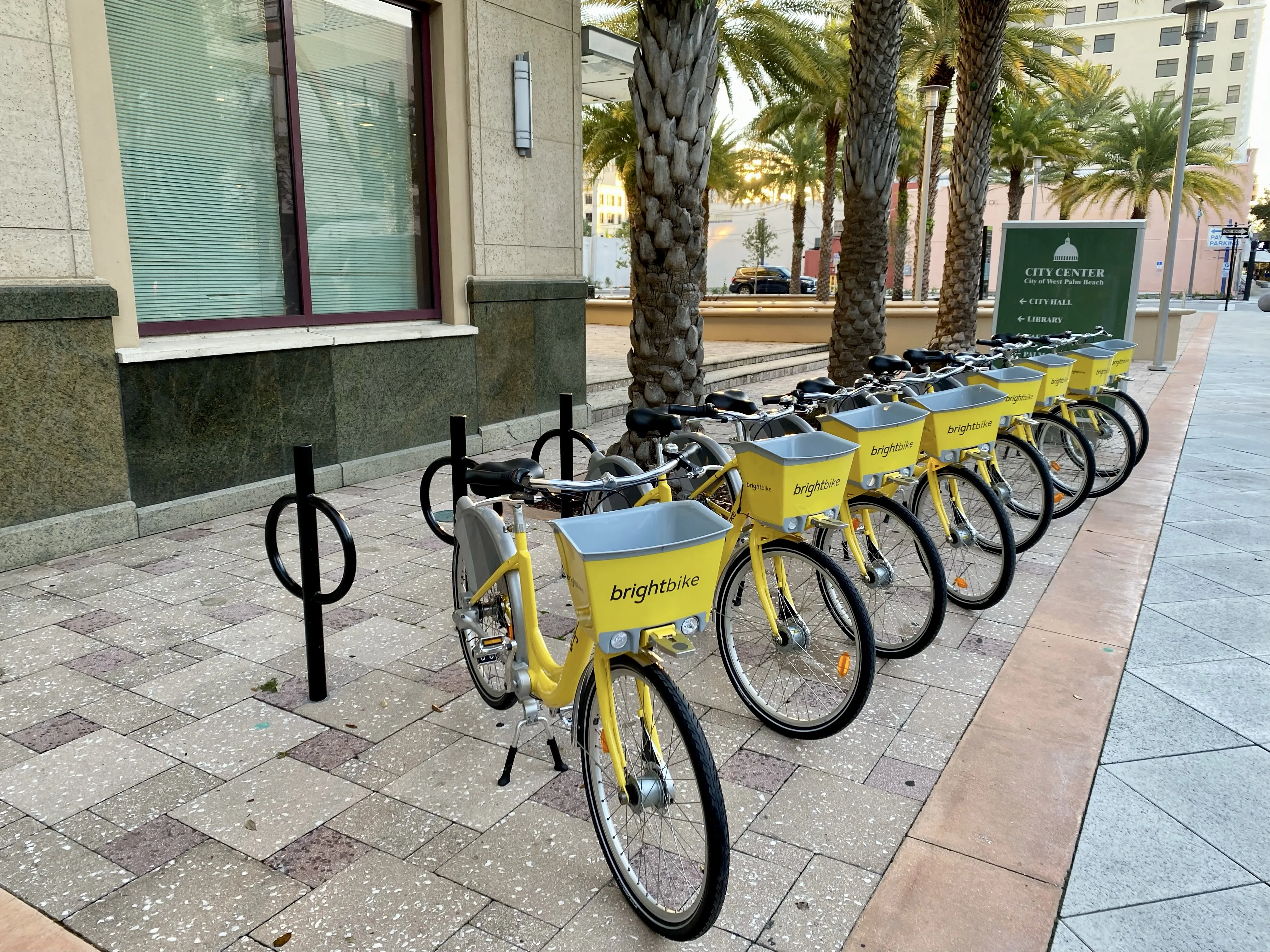Waffiyyah Murray, Better Bike Share Partnership programme manager, says: ““Adding more electric bikes to the fleet will help address several barriers and open the door for new cyclists who may not have considered using Indego before.”
The Better Bike Share Partnership, a collaboration funded by the JPB Foundation, focuses on building equitable and replicable bike-share systems. In 2015, Indego used funding from the partnership to install 20 stations in underserved neighbourhoods and launch education programmes for low income residents.
Starting this month, riders will be able to access the e-bikes for an additional $0.15 per minute while Indego Access pass holders can ride the pedal-assist bikes for $0.05 per minute as part of the city’s commitment to affordability and equity.
Additionally, the company is adding 12 new stations to make the service more reliable for riders who use the programme for their daily transportation. Riders can receive notifications when these stations arrive by enabling push notifications on the Indego mobile app.
Last November, Indego tested 10 electric pedal-assist bikes for the pilot. These bikes feature a pedal-assist motor that allows riders to travel up to 17mph with an electric boost, the company says.
“By any measure, the initial pilot was a success,” says deputy managing director for transportation, Michael Carroll. “We saw that the Indego electric bikes were ridden up to 10 times as often as the standard bikes, and they travelled to every station across the city.”
Riders can find the e-bikes using the Indeogo App or the company’s website.








